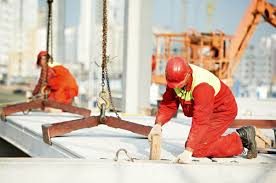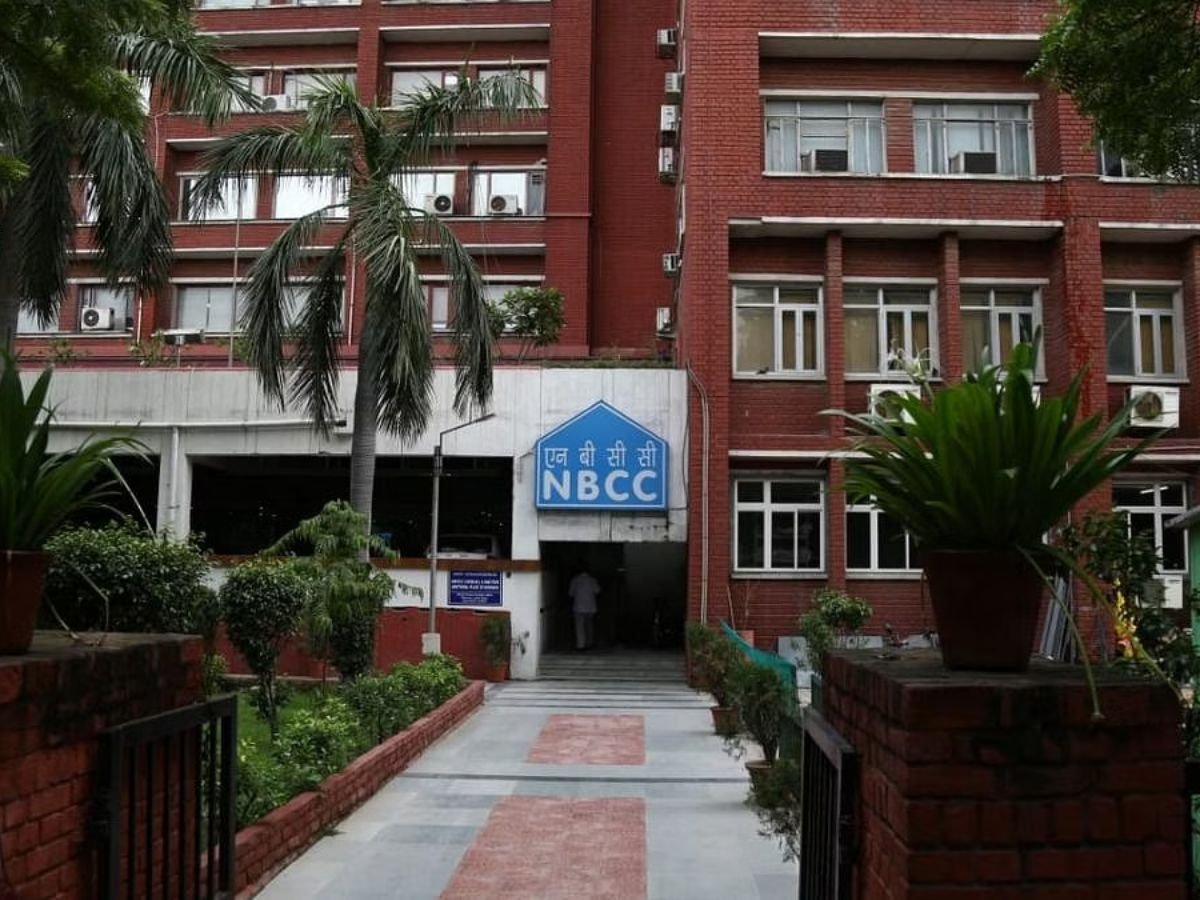Now Reading: Why UAE Building Sites Are Struggling to Find Workers Now 2025
-
01
Why UAE Building Sites Are Struggling to Find Workers Now 2025
Why UAE Building Sites Are Struggling to Find Workers Now 2025

The United Arab Emirates (UAE) is currently facing a serious challenge that could slow down its booming construction sector — a growing shortage of skilled and unskilled labor. As the country prepares for large-scale developments in preparation for future global events and rising real estate demand, the lack of enough workers is putting pressure on project timelines, costs, and productivity.
Demand for Construction Workers Outpaces Supply

According to recent reports by industry experts and labor market analysts, the demand for workers in the UAE construction industry has sharply increased in 2024 and early 2025. New mega-projects in Dubai, Abu Dhabi, and other Emirates have caused a surge in hiring, but the available labor pool is struggling to meet the demand.
This labor shortage is affecting both skilled roles — such as electricians, plumbers, and machine operators — and unskilled positions like general laborers and cleaners. As a result, many projects are being delayed or forced to operate with smaller teams, putting added stress on existing workers and increasing the risk of workplace accidents.
Why Is There a Labor Shortage in UAE Construction?

1. Post-Pandemic Workforce Challenges
One major reason is the lingering effect of the COVID-19 pandemic. During 2020 and 2021, thousands of foreign workers left the UAE due to lockdowns, project suspensions, and economic uncertainty. Many of them have not returned, and replacing them has proven difficult.
2. Visa and Recruitment Hurdles
Construction companies also face stricter immigration rules and higher costs for recruiting foreign workers. The process of hiring from countries like India, Pakistan, Bangladesh, and Nepal — which traditionally supply most of the UAE’s construction workforce — has become slower and more expensive.
3. Competition from Other Gulf Countries
Gulf nations such as Saudi Arabia and Qatar are investing heavily in construction and infrastructure, and they are also hiring from the same labor sources. This competition has increased wages and reduced the number of workers willing to come to the UAE unless offered better pay or conditions.
4. Rising Living Costs in the UAE
Another important factor is the rising cost of living in the UAE. Many workers are demanding higher wages to afford housing, food, and transportation. Some have chosen to move to other countries or return home where their earnings stretch further.
Impact on UAE Economy and Projects

The labor shortage is already having a visible impact. Key real estate projects in Dubai and Abu Dhabi have reported delays of several months. Government-led infrastructure projects, including roads, metro expansions, and energy facilities, are also being affected.
Real estate developers and construction firms warn that if the shortage continues, the UAE’s ambitious development goals could be at risk. This would not only hurt construction companies but also slow down related industries like cement, steel, logistics, and retail.
According to a recent report by the UAE Contractors Association, project costs have increased by 15-25% in some sectors due to labor shortages and delays.
What Is Being Done to Solve the Problem?
1. Hiring Drives and Overseas Recruitment
Many large firms are increasing their recruitment efforts abroad. Companies are now partnering with overseas employment agencies and holding recruitment drives in key labor-supplying countries. However, this solution takes time and involves heavy administrative work.
2. Higher Wages and Better Living Conditions
To attract more workers, many companies are offering better wages, improved accommodation, and health benefits. This is helping improve retention, but it also raises the overall cost of construction.
3. Use of Technology and Automation
Some UAE firms are investing in construction technology to reduce their need for manpower. This includes using prefabricated materials, automated machinery, and construction management software. While helpful, these technologies cannot fully replace human labor, especially for large-scale developments.
4. Training and Upskilling Programs
Government initiatives and private companies are launching training centers to upskill the existing workforce and attract new talent. These programs aim to reduce dependence on foreign labor by preparing more local workers for construction roles.
Industry Leaders Call for Policy Reforms
Construction leaders in the UAE are urging the government to simplify labor import processes, reduce recruitment costs, and speed up visa approvals. They believe that policy support is critical to help the industry meet current and future demands.
Some experts are also calling for regional cooperation between Gulf countries to create a shared labor pool, streamline worker movement, and set fair standards across the board.
Looking Ahead: Will the Labor Shortage End Soon?
While several solutions are in motion, the labor shortage is expected to remain a challenge in 2025. With more real estate projects, smart cities, and green energy developments planned across the Emirates, the pressure on construction labor will only increase.
Experts say that only a combination of smarter recruitment, improved worker welfare, and stronger policy support can help the UAE construction industry recover and grow sustainably.
Until then, delays, higher costs, and project slowdowns may continue to be a part of the landscape.
Conclusion
The UAE’s construction industry has long been one of the main engines of its economic growth. However, the current labor shortage is creating serious roadblocks for the sector. Without immediate action, the country’s vision for a modern, advanced, and competitive built environment could be at risk. Collaboration between businesses, the government, and international labor partners will be key to resolving this crisis and keeping the UAE’s skyline rising.
Read More:- Shobha Realty Launches Its Most Luxurious Project Yet—Full Details Inside 2025






















